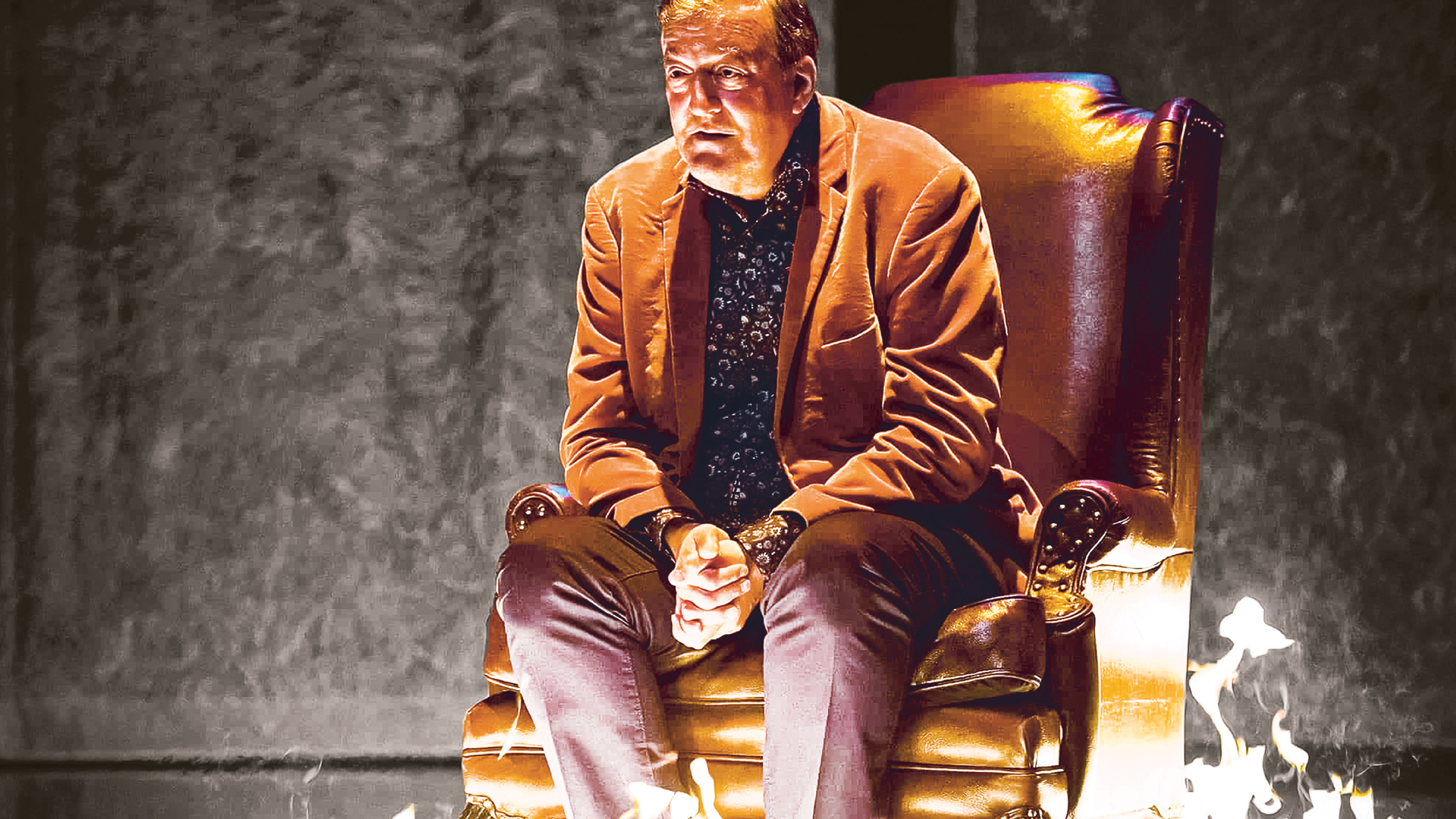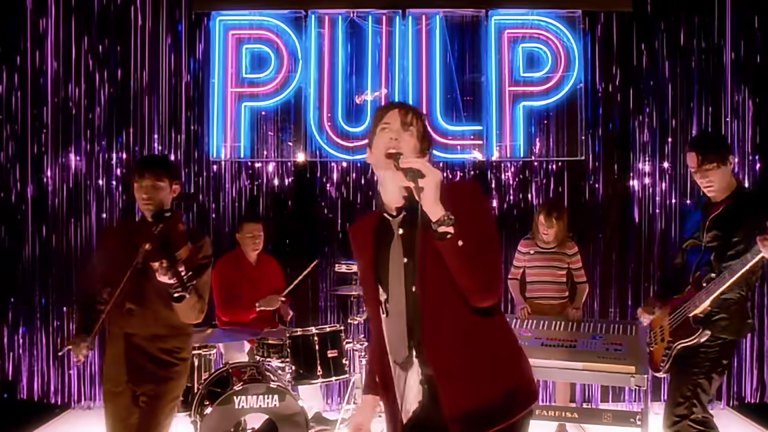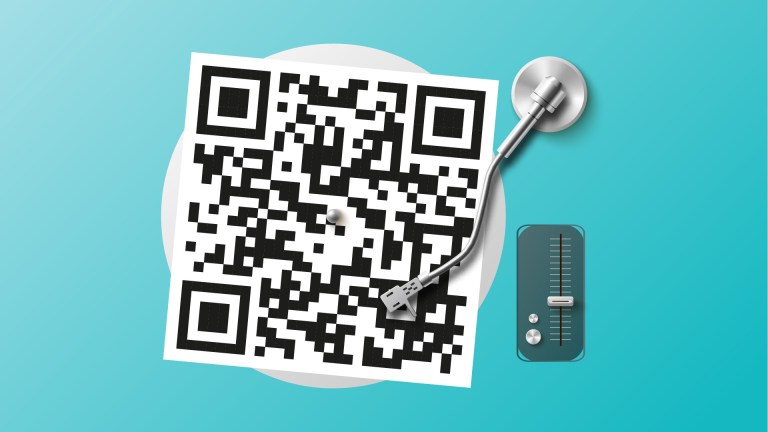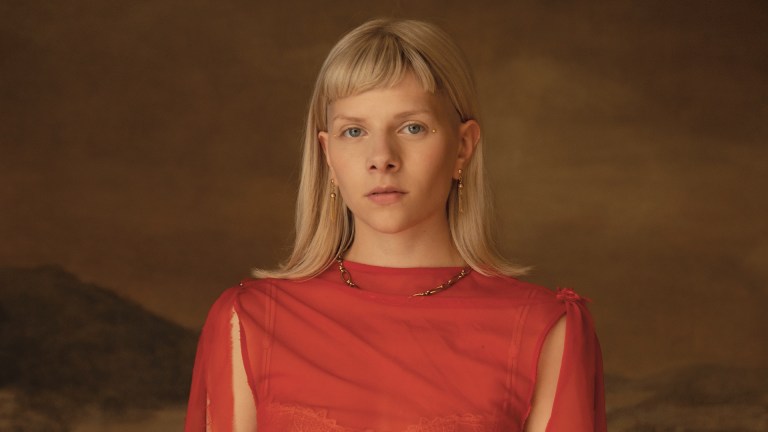One in eight people in the UK now listens to podcasts on a weekly basis, according to regulator Ofcom – and that figure has more than doubled over the past five years. There are plenty of classical music options, of course: That Classical Podcast, Aria Code and The Open Ears Project are good starting points. What’s more intriguing is the impact the format is having on music itself. The Missing Cryptoqueen – a brilliant investigation into the murky world of cryptocurrency OneCoin and its lost leader – commissioned an original soundtrack for the show, written and performed by Phil Channell, Dessislava Stefanova and the London Bulgarian Choir. Hit podcast This American Life regularly uses bespoke music, featuring composers such as Christina Courtin and Larry Goldings.
Similarly, audiobooks are becoming increasingly sophisticated, mixing both words and music to great effect. At the launch of Mythos: The Greek Myths Retold, author Stephen Fry wondered aloud whether the tales might be set to music. His friend, the composer Debbie Wiseman, began sketching out some ideas, which have now been developed into a words-and-music recording (released February 21 on Decca Records/Audio Network). The Mythos Suite features the stories of Rhea, Persephone, Sisyphus, and Apollo and Marsyas, with musical background and standalone tracks performed by Fry and the National Symphony Orchestra.
“I treated the narration as I would a vocal part,” explains Wiseman, “so Stephen was the soloist with an orchestral accompaniment.” The composer, who first worked with Fry on the film Wilde (1997), describes the process as comparable to writing for film. “There’s a set sequence, and I mapped out the drama as I would when following imagery. Stephen’s writing makes it easy to become completely immersed in the stories – they are very relatable. I hope the music elevates the text in an accessible and natural way.” The gruesome story of Apollo and Marsyas – a music-off with a difference – is particularly successful, with glorious flute (music to make “trees dance and stones sing”) and guitar solos (“the complexity of his picking and strumming was marvellous to the ear”) to evoke the aulos and lyre.
Fry recorded the narration alongside the orchestra at Abbey Road, so that the storytelling is brilliantly aligned to the music. Wiseman reveals that there are plans afoot for some live performances – and perhaps even accompanying animation. The Mythos Suite follows on from classic children’s works Peter and the Wolf by Prokofiev (1936) and Britten’s Young Person’s Guide to the Orchestra (1945), which were some of the first forays into combining classical music with narration. (Distinct from spoken words-and-music recitals, such as poetry readings with lieder.) Vikki Stone’s Concerto for Comedian and Orchestra is a more recent example of work in that vein; a comic piece that pairs a narrated story about the trials and tribulations of a couple (The Arrival of the Dishwasher is poignant) with orchestral music.
Greek myths have also inspired composer Alex Woolf, whose first opera Pandora’s Box takes its ideas from Hesiod’s Works and Days. Librettist Dominic Kimberlin has updated the story to follow a reunion of five friends who discover they never really knew each other at all. The opera is the fourth new production from The Opera Story, a young opera company that specialises in commissioning and producing new works from composers at the beginning of their career. Pandora’s Box is on at Peckham’s Bussey Building – the warehouse space that also hosted last year’s Opera Story production Robin Hood, which impressed for its imaginative use of the multi-level stages. An open dress rehearsal on March 23 will double as a free preview for local schools and community groups, and will be followed by a run of six public performances (March 25, 28, 29 and 31, and April 3 and 4).










